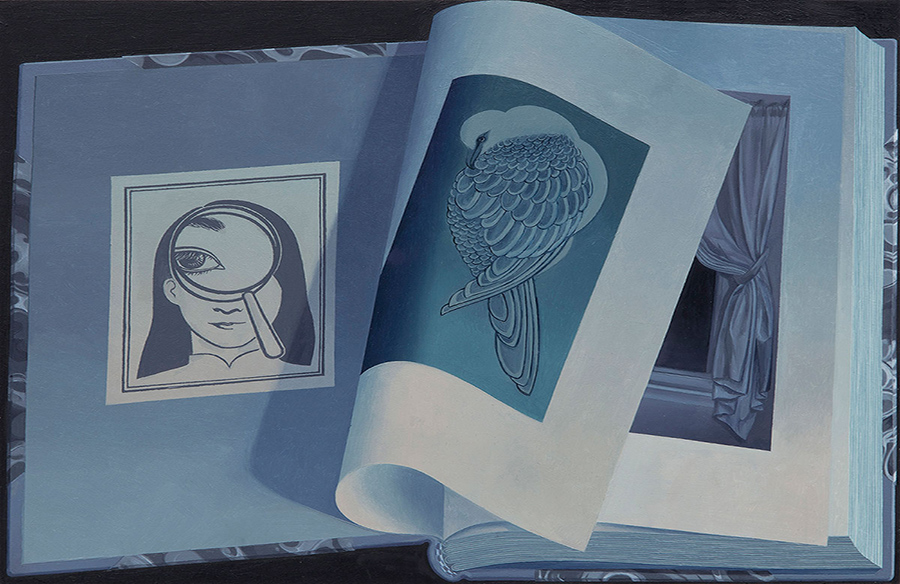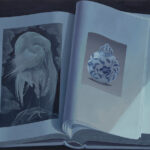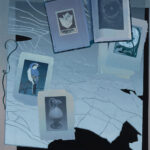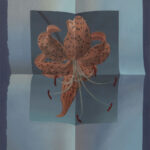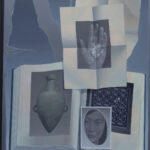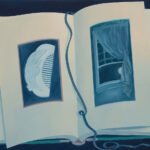Olivia Jia, a Philadelphia-based painter, emerges as a captivating voice in the realm of contemporary art, weaving together personal archives and cultural ephemera to create evocative still lifes that serve as vessels for personal narratives and historical reflections.

Unveiling Personal Archives
Jia’s artistic process is deeply rooted in introspection and reflection, drawing inspiration from her extensive personal archive of photographs, ephemera, and objects. Through meticulous brushwork and attention to detail, she breathes life into her compositions, transforming everyday objects into potent symbols of memory and identity.
Exploring Psychological Spaces
Central to Jia’s practice is a profound exploration of the intersection between images, objects, and personal narratives. Her still lifes serve as mirrors, reflecting the psychological landscapes she inhabits and the intricate web of cultural context and historical trauma that shapes her worldview. Through her paintings, Jia invites viewers into her innermost sanctum, where past and present intertwine in a delicate dance of memory and meaning.

Longing for Cultural Context
At the heart of Jia’s artistic inquiry lies a longing for cultural context—a yearning to reclaim the narratives and identities that have been obscured by historical and societal trauma. Her paintings serve as acts of reclamation, carving out spaces where she can assert her agency and lay claim to her heritage. In doing so, Jia confronts the complexities of history and memory, challenging viewers to reckon with the enduring legacies of the past.
Conclusion: Carving Spaces of Resilience
Olivia Jia’s art stands as a testament to the resilience of the human spirit in the face of adversity. Through her meticulously crafted still lifes, she invites us to contemplate the intersections of personal and collective memory, urging us to confront the ghosts of history that linger in the shadows. In Jia’s world, every object tells a story, every brushstroke a whisper of longing—for connection, for understanding, for a space to call our own.
